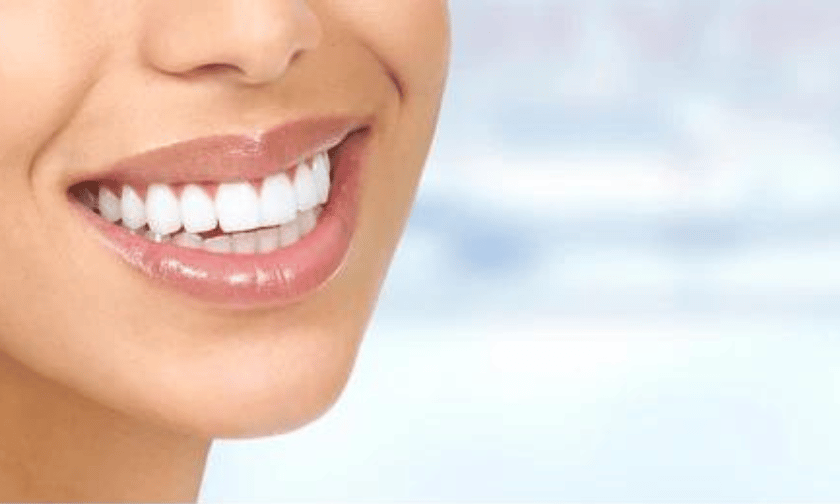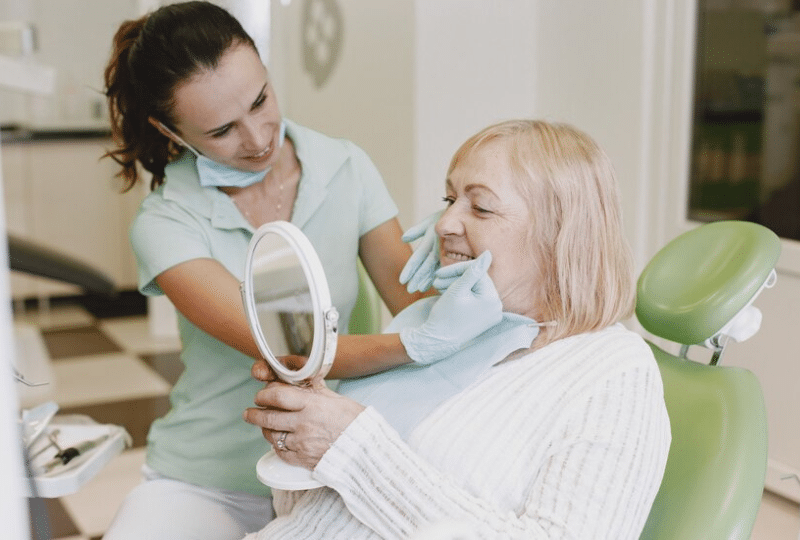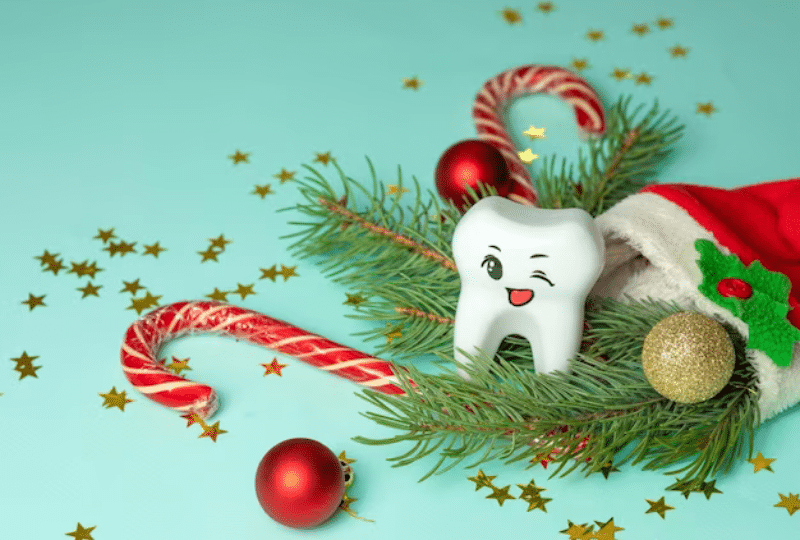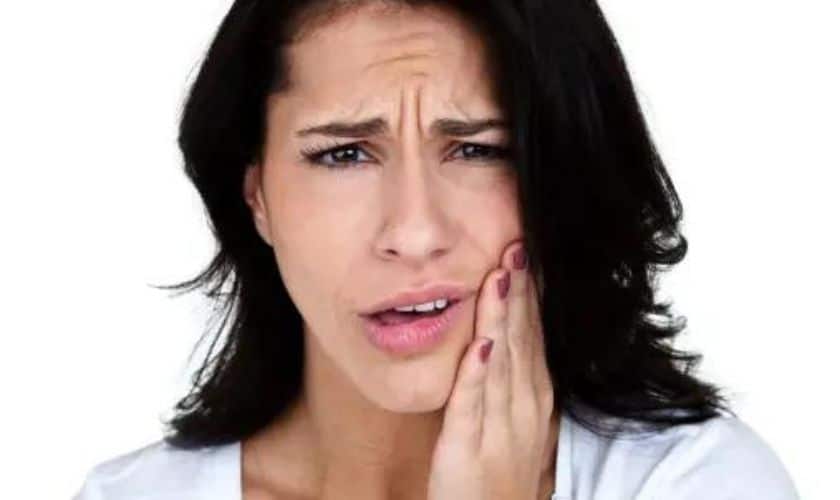
Do you want to know how to whiten your teeth at home? Everyone loves a bright, white smile, but teeth can become discolored over time. Many people turn to teeth whitening treatments for help, but these can be expensive and ineffective. Thankfully, several home remedies can give your teeth a brighter and whiter look without breaking the bank. Read on to learn about four natural ways to whiten teeth from the comfort of your own home.
The Benefits of Whitening Your Teeth at Home
We all know that having a great smile is essential – not only does it make us look better, but it also boosts our confidence. Unfortunately, teeth can collect stains and Discolorations over time, making them look dull and yellow. Several home remedies can help you safely and naturally whiten your teeth without breaking the bank.
Baking Soda
Baking soda is one of the most popular teeth-whitening remedies. It’s been used for centuries as an effective teeth whitener because its mildly abrasive texture helps lift away stains on teeth surfaces. To use baking soda to whiten teeth, mix it with a small amount of water until it forms a paste. Then apply the paste directly onto your teeth using a toothbrush and let it sit for one to two minutes before rinsing.
Pros of Using Baking Soda
The main benefit of using baking soda is that it’s inexpensive, readily available, and an effective teeth whitener. Additionally, baking soda has many other benefits for oral hygiene – it can help neutralize bacteria in the mouth, reduce inflammation in the gums, and even fight bad breath.
Cons of Using Baking Soda
Although baking soda is generally safe for teeth, there are some potential side effects. For example, brushing with too much force or leaving the paste on your teeth for too long could cause teeth to become sensitive. Additionally, baking soda can be abrasive on teeth enamel if used too often, so it’s best to limit use to once or twice a week.
Tips for Using Baking Soda
When using baking soda to whiten teeth, be sure not to overdo it – no more than once or Twice a week. Additionally, it’s essential to brush your teeth gently when applying the paste and rinse thoroughly after taking off the paste. Finally, make sure you gargle with water afterward, as baking soda can cause a dry mouth.
Activated Charcoal
Activated charcoal is another popular home remedy for teeth whitening. It absorbs plaque, bacteria, and other debris that can discolor teeth. To use activated charcoal to whiten teeth, dip a wet toothbrush into the powder and gently brush your teeth for several minutes. Then rinse teeth thoroughly with water.
Pros of Using Activated Charcoal
The main benefit of using activated charcoal is that it’s an effective teeth whitener – it has been proven to help remove stains from teeth surfaces. Additionally, it’s an all-natural remedy that contains no chemicals or additives.
Cons of Using Activated Charcoal
Although activated charcoal is generally safe on teeth, some potential side effects exist. For example, it can be abrasive on teeth enamel if used too often, so it’s best to limit use to once or twice a week. Additionally, activated charcoal can temporarily stain teeth black before they start to whiten.
Tips for Using Activated Charcoal
When using activated charcoal to whiten teeth, make sure not to overdo it – no more than once or twice a week. Additionally, brush your teeth gently when applying the powder and rinse thoroughly after taking off the paste. Finally, avoid eating or drinking anything acidic (such as orange juice) afterward, as this could cause teeth stains to reappear.
Apple Cider Vinegar
Apple cider vinegar is another teeth-whitening remedy that has been used for centuries. It kills bacteria in the mouth and removes surface stains from teeth. To use apple cider vinegar for teeth whitening, mix one part vinegar with two parts water and swish the solution around your mouth for several minutes before rinsing with water.
Pros of Using Apple Cider Vinegar
The main benefit of using apple cider vinegar is that it’s an effective teeth whitener – it can remove surface stains from teeth and even help prevent future discoloration. Additionally, apple cider vinegar also has many other benefits for oral hygiene – it kills bacteria, reduces inflammation in the gums, and helps fight bad breath.
Cons of Using Apple Cider Vinegar
Although apple cider vinegar is generally safe for teeth, some potential side effects exist. For example, it can be acidic if used too often, so it’s best to limit use to once or twice a week. Additionally, apple cider vinegar can cause tooth enamel erosion if swallowed too long.
Tips for Using Apple Cider Vinegar
When using apple cider vinegar to whiten teeth, ensure not to overdo it – no more than once or twice a week. Swish the solution around your mouth for several minutes before rinsing it with water. Finally, avoid eating or drinking anything acidic (such as orange juice) afterward, as this could cause teeth stains to reappear.
Conclusion
In conclusion, whitening teeth can be an easy and effective process that you can do right at home with a few simple remedies. Baking soda, activated charcoal, and apple cider vinegar are all popular teeth-whitening remedies that can help remove surface stains from teeth and even prevent future discoloration. However, it’s essential to use these remedies in moderation – no more than once or twice a week – and rinse thoroughly after taking off the paste or solution.
A: You should only whiten teeth at home with remedies like baking soda, activated charcoal, and apple cider vinegar no more than once or twice a week.
A: Teeth-whitening can potentially damage teeth enamel if used too often. Therefore it’s important to use teeth-whitening remedies in moderation – no more than as recommended above.
A: Most teeth-whitening remedies are generally safe for most people, but always check with your dentist before trying any of these methods. Additionally, those with teeth sensitivities should be extra careful when using teeth-whitening remedies.



